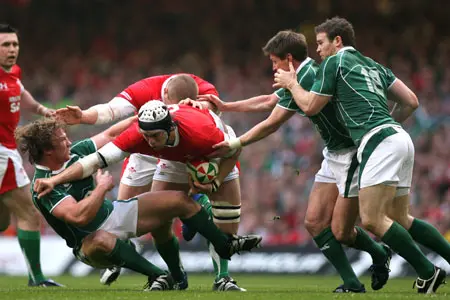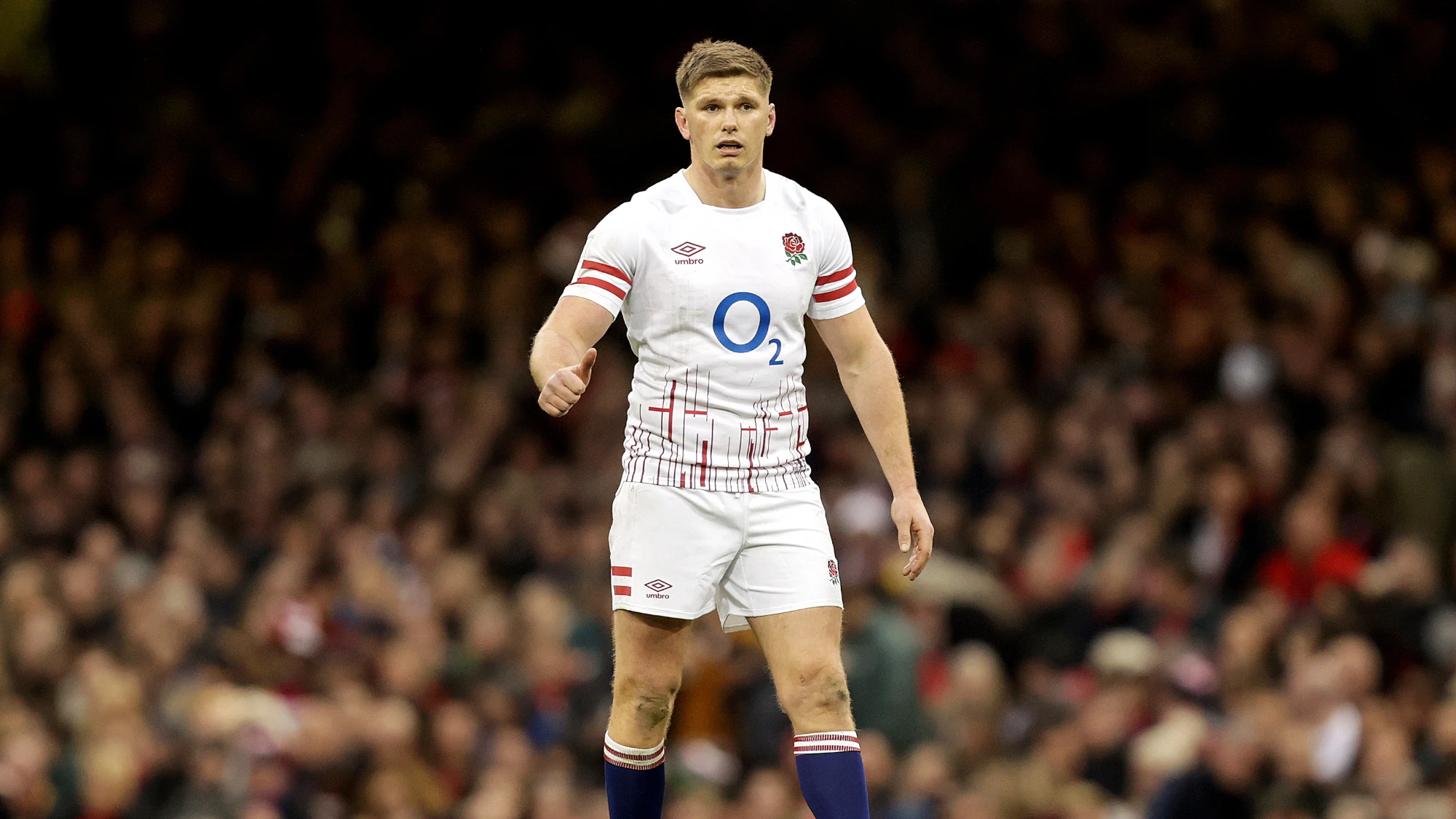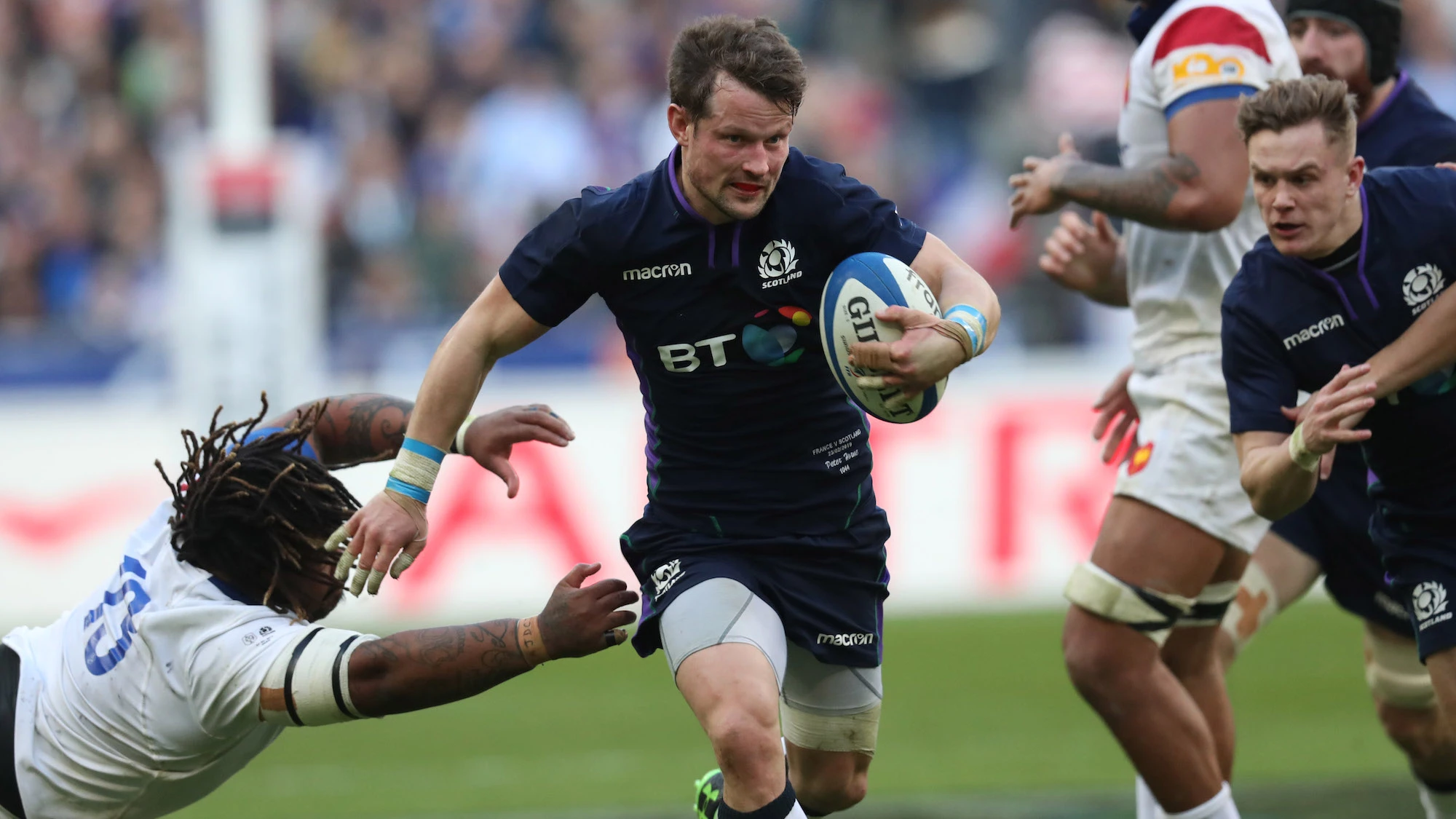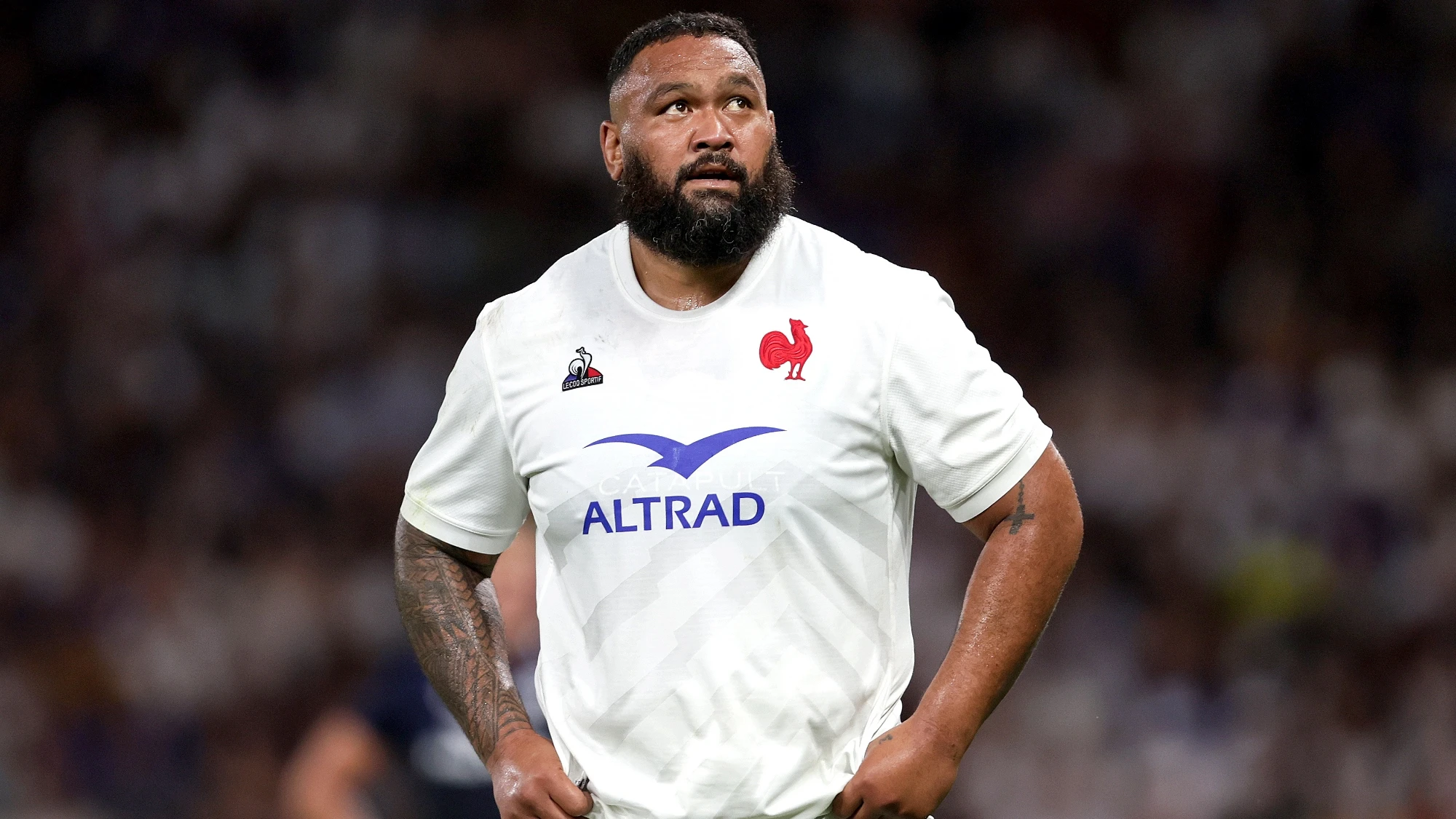The maul’s place at the heart of rugby union is set to be preserved following a meeting of nearly 60 senior rugby stakeholders.
The International Rugby Board conference – which featured coaches, referees, administrators and representatives from all the major unions – was called to discuss the global impact of experimental law variations (ELVs) currently being trialled.
After two days of detailed review, including statistics from over 800 matches in 15 different countries, a total of 10 ELVs were recommended to be passed into full law.
But two ELVs were not ratified. The conference recommended the law allowing mauls to be pulled down should be thrown out.
And the sanctions ELV which sees most offences penalised with a free-kick, currently being trialled in the southern hemisphere, has been sent away for further review.
The committee also rejected the ELV allowing teams to select as many players as they want in the lineout.
Recommended ELVs include a five-metre off-side line at the scrum and the pass-back rule, which prevents players from making any ground with a kick to touch if the ball has been played back into their own 22.
The conference was not a decision-making forum but was designed to help the IRB’s rugby committee finalise their own list of ELV recommendations to put before the full IRB council on May 13.
The conference was hosted by the IRB Rugby Committee and the Laws Project Group (LPG), which was established in 2005 to conduct a major review into key areas of the sport.
IRB chairman Bernard Lapasset said: “We held a positive and constructive meeting at which all stakeholders were able to share their opinions on each of the ELVs.
“This was an important milestone for the ELV programme and it was crucial that robust discussion was entered into and that all positive and negative impacts of the ELVs were raised.
“Naturally opinions differed in several areas of the ELV programme. The IRB regards this as a healthy and positive state of affairs as the game’s laws have always and should continue to allow coaches and players to interpret law so that different styles of play can be employed.
“The unions tabled detailed research and analysis to support their views. Everyone had the opportunity to air their views.
“What was clear was that there was agreement on many aspects of the ELVs and a collective will to see a return to one set of laws to govern the game as soon as possible.
“Council will decide which ELVs, if any, should be fully integrated into law.”



